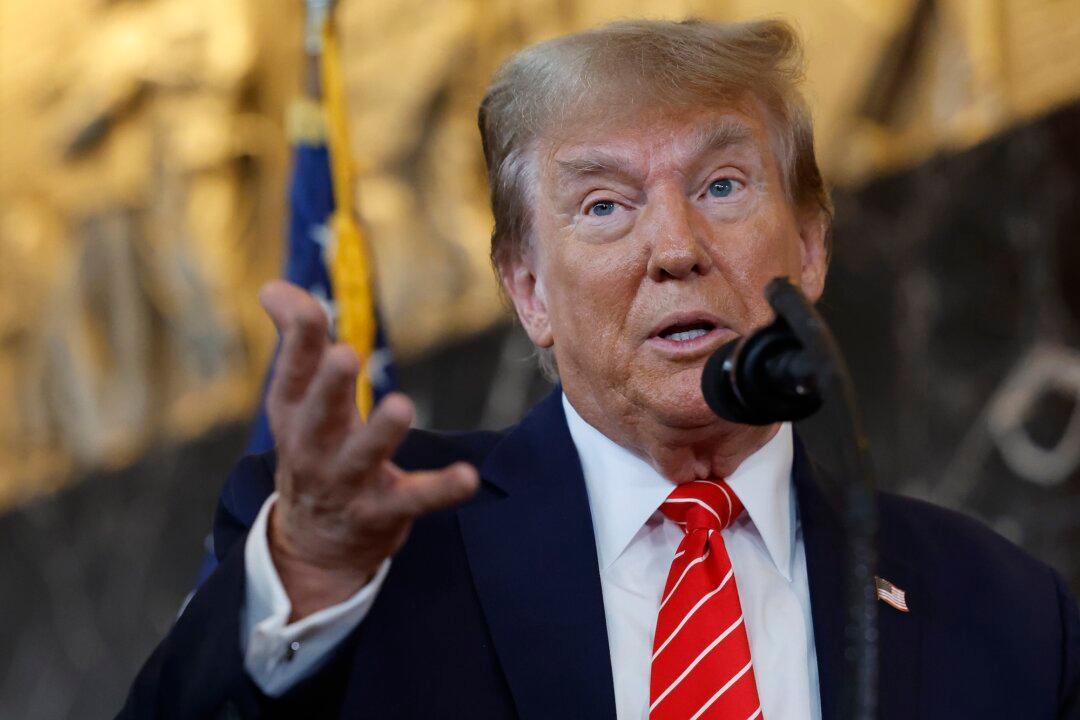Former President Donald Trump said Wednesday that he would “absolutely” block the planned sale of U.S. Steel to a Japanese firm, a move that recalls his tough protectionist policies for American manufacturing while in office.
In what are his first public remarks on Nippon Steel’s $14.9 billion deal to buy U.S. Steel, the former president said that, if he wins the race for the White House, he would “block [the deal] instantaneously. Absolutely.”





